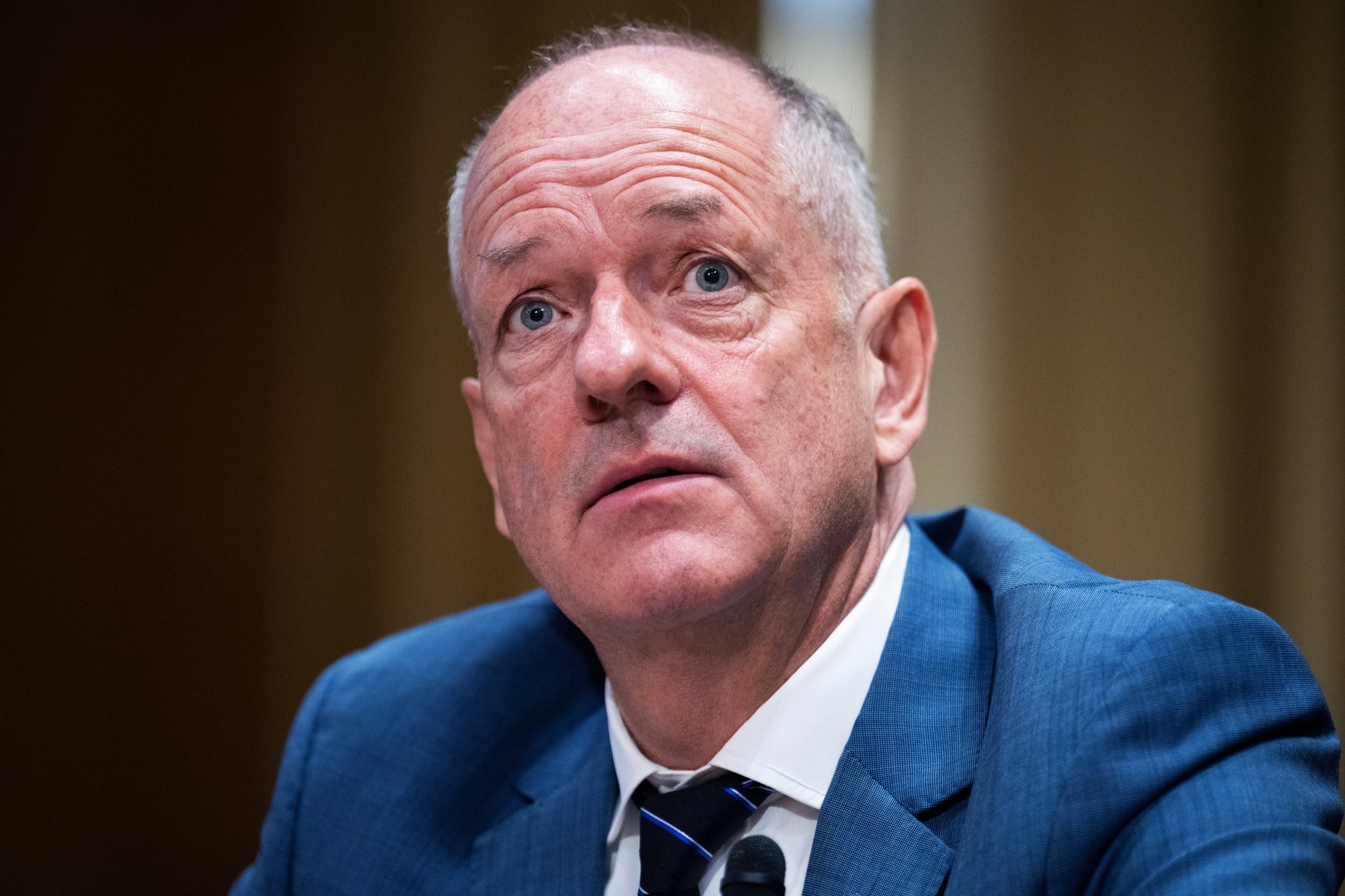UnitedHealth Group CEO says his company needs to be more transparent about insurance coverage
Following the high-profile killing of an executive, Andrew Witty said UnitedHealth needs to increase transparency regarding "how decisions are made"

UnitedHealth Group (UNH) CEO Andrew Witty said that the nation’s healthcare system “does not work as well as it should” and that the insurance giant can increase transparency regarding its own coverage decisions. He made the remarks in an op-ed published Friday in the New York Times.
Suggested Reading
The op-ed comes as the firm faces increasing public scrutiny following the fatal shooing of Brian Thompson, the CEO of UnitedHealth’s insurance subsidiary.
Related Content
Thompson was fatally shot in New York City on Dec. 04, just hours before he was set to speak at the insurance firm’s annual investor day. The incident has prompted backlash over how the industry evaluates medical claims.
“Health care is both intensely personal and very complicated, and the reasons behind coverage decisions are not well understood. We share some of the responsibility for that,” Witty wrote. “Together with employers, governments and others who pay for care, we need to improve how we explain what insurance covers and how decisions are made.” The New York Times (NYT) disabled its comments section for the story after numerous commenters criticized the essay.
The op-ed marks a shift in tone from Witty, who previously defended the company’s claim denial practices in a leaked video recorded after the shooting.
“We make sure that care is safe, appropriate, and is delivered when people need it and we guard against the pressures that exist for unsafe or unnecessary care to be delivered in a way that makes the whole system too complex and ultimately unsustainable,” Witty told employees in a video leaked to journalist Ken Klippenstein.
In response to the video, scores of people have posted on social media criticizing Witty’s remarks and sharing their experiences with the insurance company.
Additionally, in the aftermath of the shooting, social media posts have alleged that UnitedHealthcare’s claim denial rate is the highest in the industry. However, because insurers often keep such data concealed, the true scope of these denials remains unclear, particularly regarding private plans.
Still, recent reports show that denials for some patients have been on the rise.
In October, a report from the U.S. Senate Permanent Subcommittee on Investigations showed that the nation’s insurers have been using AI-powered tools to deny some claims from Medicare Advantage plan subscribers.
The report found that UnitedHealthcare’s denial rate for post-acute care — health care needed to transition people out of hospitals and back into their homes — for people with Medicare Advantage plans rose to 22.7% in 2022, from 10.9% in 2020.